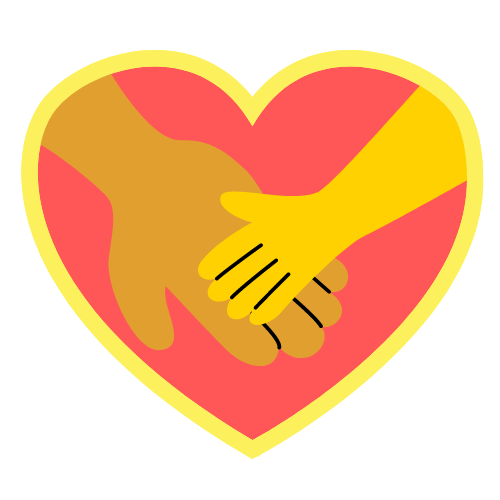Throughout life, families occasionally encounter unexpected situations that curb their plans in ways they can't predict. Raising a child who has been diagnosed with an intellectual and/or developmental disability can be one of these situations. It can take away the ability to control what's next and changes how we envision caring for a child. For some people, this is experienced as a loss or, more specifically, an ambiguous loss. Ambiguous loss is an unclear loss that continues without resolution or closure and can lead to feelings of confusion, anxiety, and chronic sorrow.
This past spring, a group of 13 Youth Guild parents/caregivers embarked on a five-week journey exploring what it is like to have a child/family member in long-term care and how this can be experienced as an ambiguous loss. Anne Manning, LMHC, and Michelle McGonagle, LICSW, part of the Guild Family Engagement team, collaborated with Kate Tetuan Parent, LICSW, an outside grief and loss consultant to create and co-facilitate the Bridging Loss with Wellness support group.
The group's overarching goal was to provide an opportunity for caregivers to engage in supportive conversations around loss experience associated with residential long-term care and specialized out-of-district day programs. The group objectives included increased connection between caregivers, the ability to identify feelings associated with loss experience, the ability to identify/acknowledge how participants' roles have changed over time, and an opportunity to identify individual and community wellness strategies. These objectives come from the literature regarding guidelines for intervention to support those experiencing ambiguous loss. Ambiguous loss is not a linear process, unlike how people have come to view Kubler-Ross's five stages of grief.
Taking a trauma-informed approach to support safety and risk-taking, the group had a structure with consistent norms, opening and closing rituals, and an activity based on one of the guideline principles. The group met for four weeks online. The fifth and final group was hybrid and included a shared meal and closing activity. In that last session, participants were invited to metaphorically leave something they wanted to put down or leave behind for the moment and to celebrate what they wanted to take with them.
Each participant left the group with new connections, new skills, and permission to explore their experience of loss while navigating feelings, wellness strategies, and next steps to encourage continued resilience and growth. They also left with smiles, hugs, and a newly potted plant.


